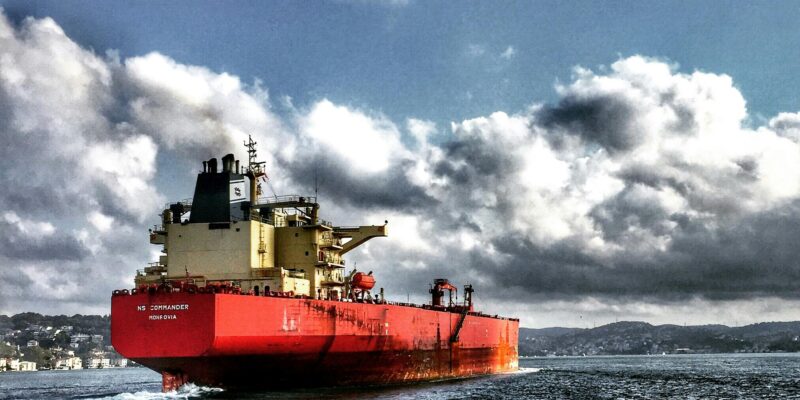13-11-2024
Fanni Lovas
South-East Asia Researcher,
Global Human Rights Defence.
As tensions mount in the South China Sea, the Philippines and Australia are enhancing their defence collaboration in response to contested maritime claims and recent encounters involving Chinese vessels. This strengthened alliance aims to reinforce stability and uphold international law in a region central to global trade and security. With key agreements on joint military exercises, this partnership signals a collective stand against unilateral maritime assertions.
The South China Sea remains a focal point of strategic friction, with the Philippines reporting incidents such as alleged ramming and water cannons used by Chinese vessels near areas like Sabina Shoal. These incidents, seen by the Philippines as direct acts of aggression, have led Manila to seek stronger alliances to ensure the security of its maritime zones. Australia has responded by committing to increased cooperation, agreeing to joint defence drills, infrastructure support, and intelligence-sharing to bolster the Philippines’ defence capabilities. Minister Richard Marled emphasised that stability in these waters is vital for regional trade, as a large share of Australia’s economic routes passes through the South China Sea.
At the core of this dispute is the interpretation of maritime rights under the United Nations Convention on the Law of the Sea (UNCLOS), which defines Exclusive Economic Zones (EEZs) of up to 200 nautical miles. This framework supports the Philippines’ claim to resources within its EEZ, conflicting with China’s expansive ”Nine-Dash Line” that asserts historical rights over much of the South China Sea. A 2016 ruling by the Permanent Court of Arbitration upheld the Philippines’ EEZ rights, dismissing China’s claims under UNCLOS. However, China has rejected the ruling, asserting that its longstanding historical presence justifies its activities.
The South China Sea dispute presents a complex challenge, intertwining China’s reliance on customary claims with established legal precedents. As the Philippines and Australia enhance their cooperation, this partnership underscores the importance of multilateral engagement and adherence to international law to manage growing tensions. The South China Sea will remain a strategic focal point, where legal principles and diplomatic initiatives may play a crucial role in guiding the path to stability.
Sources and further readings:
Peter Hobson and Lewis Jackson, ’Philippines says China is pushing it to cede claims in South China Sea’ Reuters, 12 November 2024 <https://www.reuters.com/world/asia-pacific/philippines-says-its-under-pressure-china-cede-claims-south-china-sea-2024-11-12/> Accessed 13 November 2024.
‘China delimits a contested South China Sea shoal in a dispute with Philippines’ AP, 10 November 2024 <https://apnews.com/article/china-philippines-sea-scarborough-shoal-063d817379f1a5268e2061b9c2764afe> Accessed 13 November 2024.
‘China reasserts South China Sea sovereignty amid Philippine boundary laws’ Aljazeera, 10 November 2024 <https://apnews.com/article/china-philippines-sea-scarborough-shoal-063d817379f1a5268e2061b9c2764afehttps://www.aljazeera.com/news/2024/11/10/china-reasserts-south-china-sea-sovereignty-amid-philippine-boundary-laws> Accessed 13 November 2024.







Comments